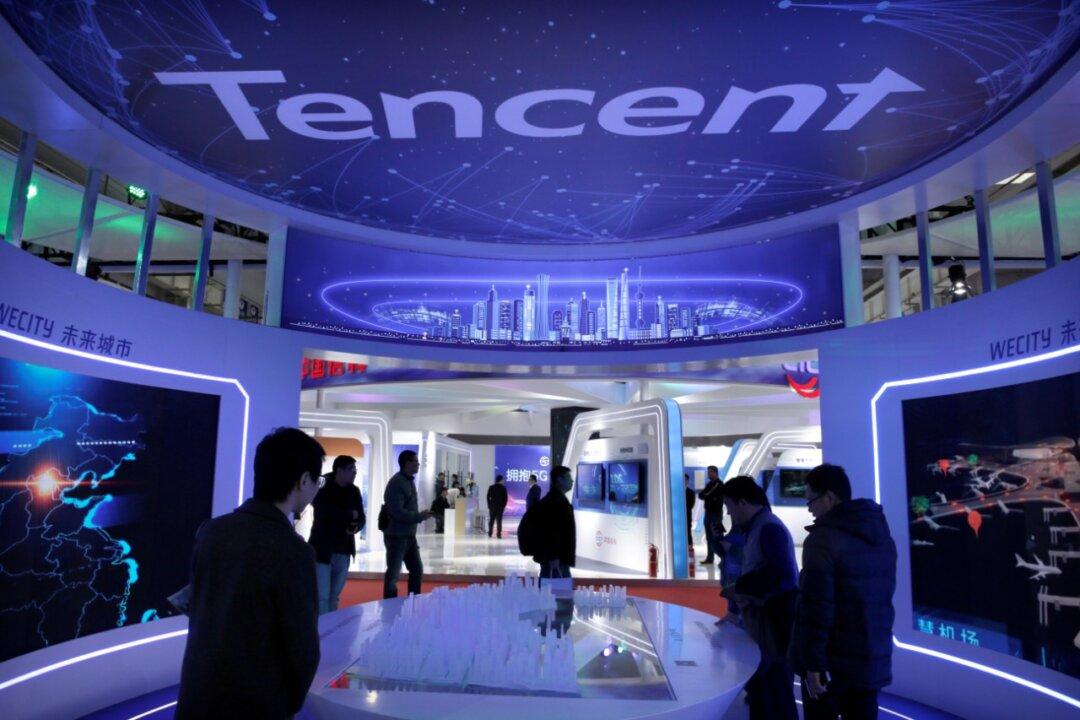With the explosive global growth in ESG (environmental, social, and governance) investing, also known as sustainable investing, it’s no exception in China where ESG funds are proliferating and there are even Canadian offerings. One of ESG’s confounding aspects, however, remains that those three criteria mean different things to different people and that China in particular has its own self-serving views on what qualifies, analysts say.
Financial securities regulators are trying to warn investors and educate them on what constitutes ESG, but they are silent on Beijing using the sustainable investment movement to push capital toward companies that assist the Chinese Communist Party (CCP) in achieving its objectives.
Bloomberg, in a Sept. 6 article on China’s ESG growth, called it “ESG with Chinese characteristics”—the CCP designs the rules to suit itself.
“The [Chinese] government is bound to generate its own interpretation of ESG, because they want to make sure it will not conflict with the country’s national economic strategies,” Boya Wang, an ESG analyst at Morningstar Inc., says in the article.
The typical North American attempt at ESG qualification would be, for example, a company taking steps to reduce its carbon footprint or increase the diversity of its senior management.
“The Chinese Communist Party has made it clear that environmental and social policy fall under the purview of the government, not the country’s corporations,” wrote Bradford Cornell, a UCLA professor emeritus and senior advisor with Reliant Global Advisors, and Jason C. Hsu, founder and chairman of Reliant, in a paper comparing ESG investing in China with that in the United States.
Cornell and Hsu explain that it pays for firms in China to “go green,” but those firms are not empowered to set policy.
The authors call ESG a “strange brew” and discuss how ESG scoring agencies often disagree on whether or not a company is “green.” In the case of a Chinese company that rates highly on social factors, it could be rated very poorly on those metrics by U.S. definitions, they say.
Canadian ESG investment offerings take their cues from these international dictates and norms.
‘Greenwashing’—Just No Word on China
Financial securities regulators have their hands full trying to crack down on “greenwashing”—misleading information about the green credentials of an investment product.
“Investors currently lack a consistent and comparable framework to enable their understanding of sustainable finance products,” according to the International Organization of Securities Commissions (IOSCO) in an August 2022 report.
But the organization is not warning about Chinese ESG in particular.
“IOSCO has no comment on China. However, we encourage asset managers globally to consider our recommendations,” spokesperson Carlta Vitzhum told The Epoch Times.
The Canadian Securities Administrators and Ontario Securities Commission published guidance in January about ESG greenwashing but did not respond to The Epoch Times specifically regarding the nature of Beijing’s co-opting of ESG.
A couple of Canadian ESG-focused exchange-traded funds (ETFs) are focused on China.
BMO’s ZCH ETF is designed to replicate the MSCI China ESG Leaders Index. As of Sept. 16, more than 56 percent of the fund was invested in Tencent, Alibaba, Meituan, and China Construction Bank—essentially a who’s who of large Chinese firms, which tend to be known for following the directives of the CCP.
The index deems a company eligible if it’s been assigned higher ESG ratings by MSCI relative to its Chinese peers.
Desjardins’ DRFE ETF, described as a responsible investing emerging markets low carbon dioxide fund, is a well-rated ETF by Morningstar that invests over 22 percent in Chinese companies including Baidu and China Petroleum & Chemical Corp.
Sustainable investing is also a big priority for Canada’s pension funds such as the Canada Pension Plan and Ontario Teachers’ Pension Plan (OTPP). These two are the largest Canadian pension funds and have been very bullish on China.
Jo Taylor, president and CEO of OTPP, told BNN Bloomberg on Sept. 8 that it wants to help businesses decarbonize and that while investing in China has been challenged recently, the Chinese market remains an important market in the long term.





